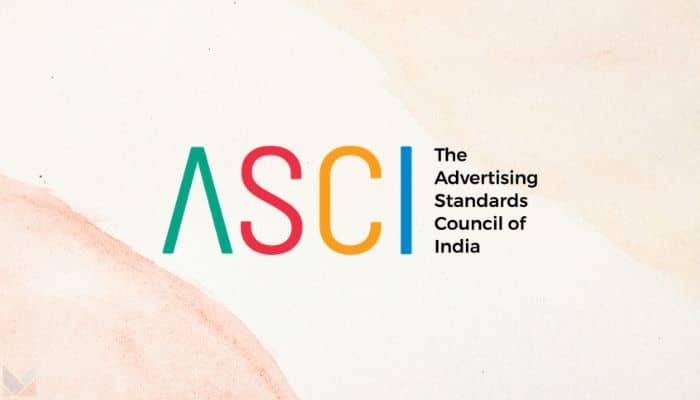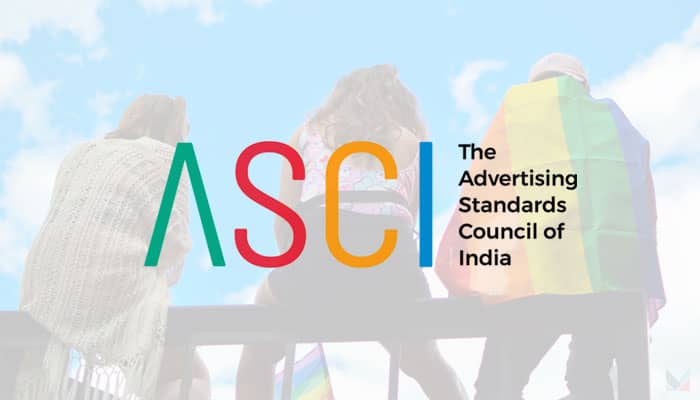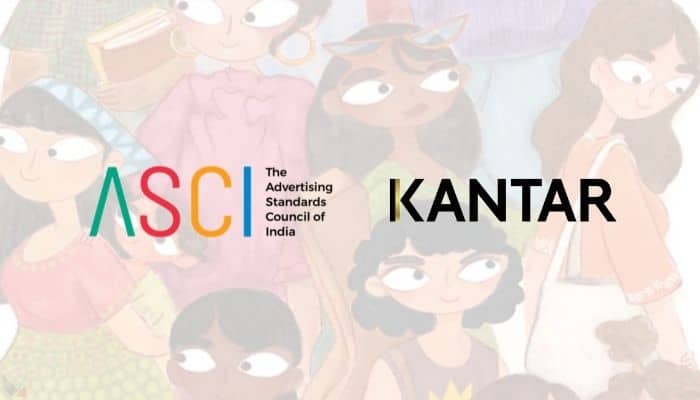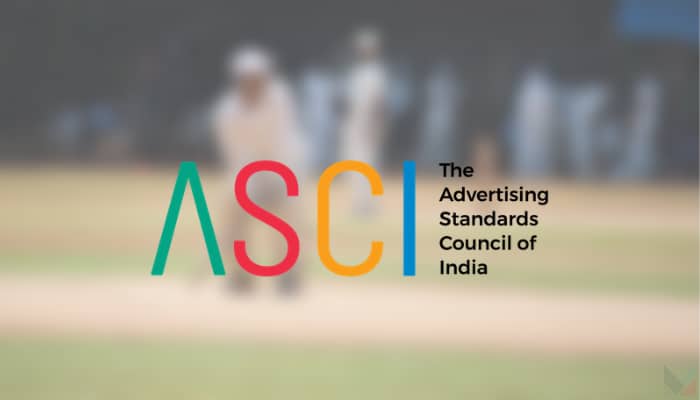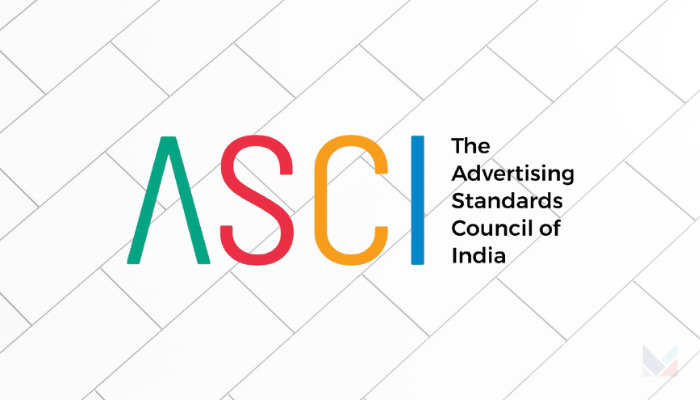Delhi, India – The Advertising Standards Council of India (ASCI) have released a set of guidelines that lay down boundaries for unacceptable portrayals and encourage advertisers to create more progressive gender depictions.
The guidelines were announced in an event held at India Habitat Centre and is presided by Minister of Women and Child Development Smriti Irani, following the launch of its GenderNext report in October 2021, a study by ASCI and Futurebrands.
The guidelines encourage advertisers and creators to deploy the SEA (Self-esteemed – Empowered – Allied) framework that guides stakeholders in imagining as well as evaluating portrayals of gender in their advertising by building empathy and aiding evaluation, as well as the 3S framework, which provides a checklist to guard against tropes and implicit stereotypes that creep into advertising.
“Gender portrayal is a complex and nuanced issue and the guidelines provide an interpretation of ASCI’s Chapter III (related to harmful situations), which deals with ads that can cause harm to individuals or society. Gender stereotypes are harmful because they lock individuals in certain roles and perpetuate certain dynamics that are harmful to society. Advertising, through subtle and implicit depictions, reinforces certain harmful stereotypes and overlooks the aspirations of individuals and groups,” ASCI said in a press statement.
These frameworks can prove to be extremely useful for marketing and advertising professionals to improve their advertising ROIs.
Speaking on the guidelines release, Irani said, “While there are women who are happy with the incremental change that has been made in the advertising industry, women of my generation are a bit more impatient. It is time not only for the men but also for the women in the advertising industry to step up. This is a very important move, and I believe that there is a long journey to be undertaken to turn the thinking but it’s required now. Work in this area must move with more and more speed and organisations like ASCI should lead this, the action beginning with its member base.”
Meanwhile, Subhash Kamath, chairman at ASCI, commented, “The new guidelines were created after extensive consultation with many partners- both from industry, as well as civil society organisations, including the Unstereotype Alliance and UNICEF. These guidelines are a big step forward in strengthening ASCI’s agenda to shape a more responsible and progressive narrative. We are grateful to the government and Shrimati Smriti Irani for supporting these guidelines, and to the many partners who have been with us on this journey.”



